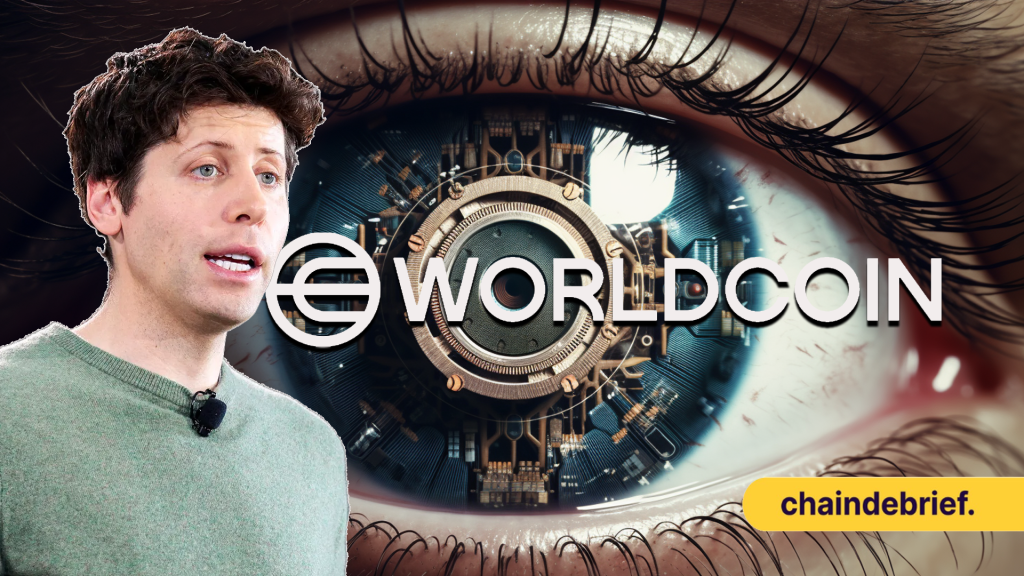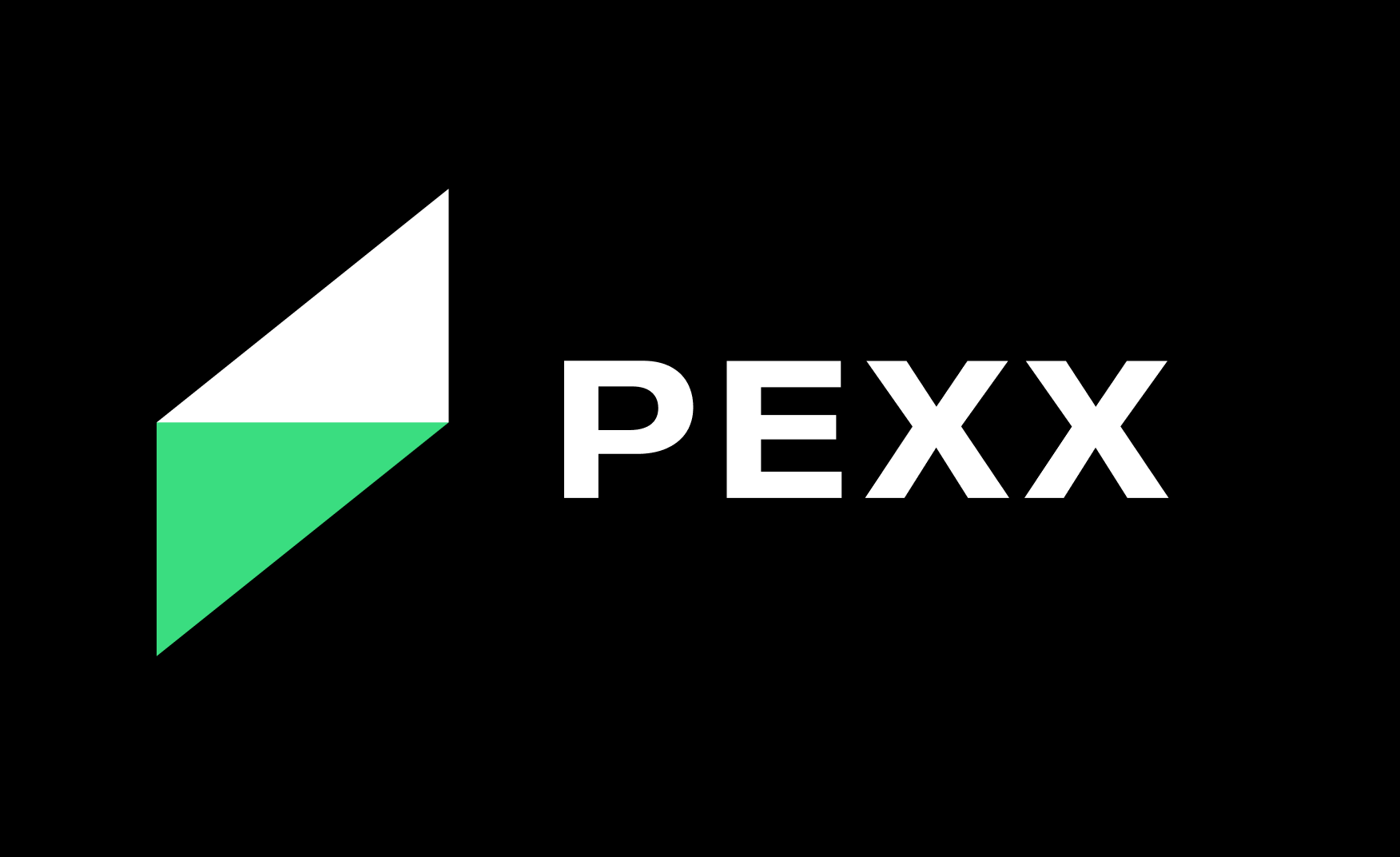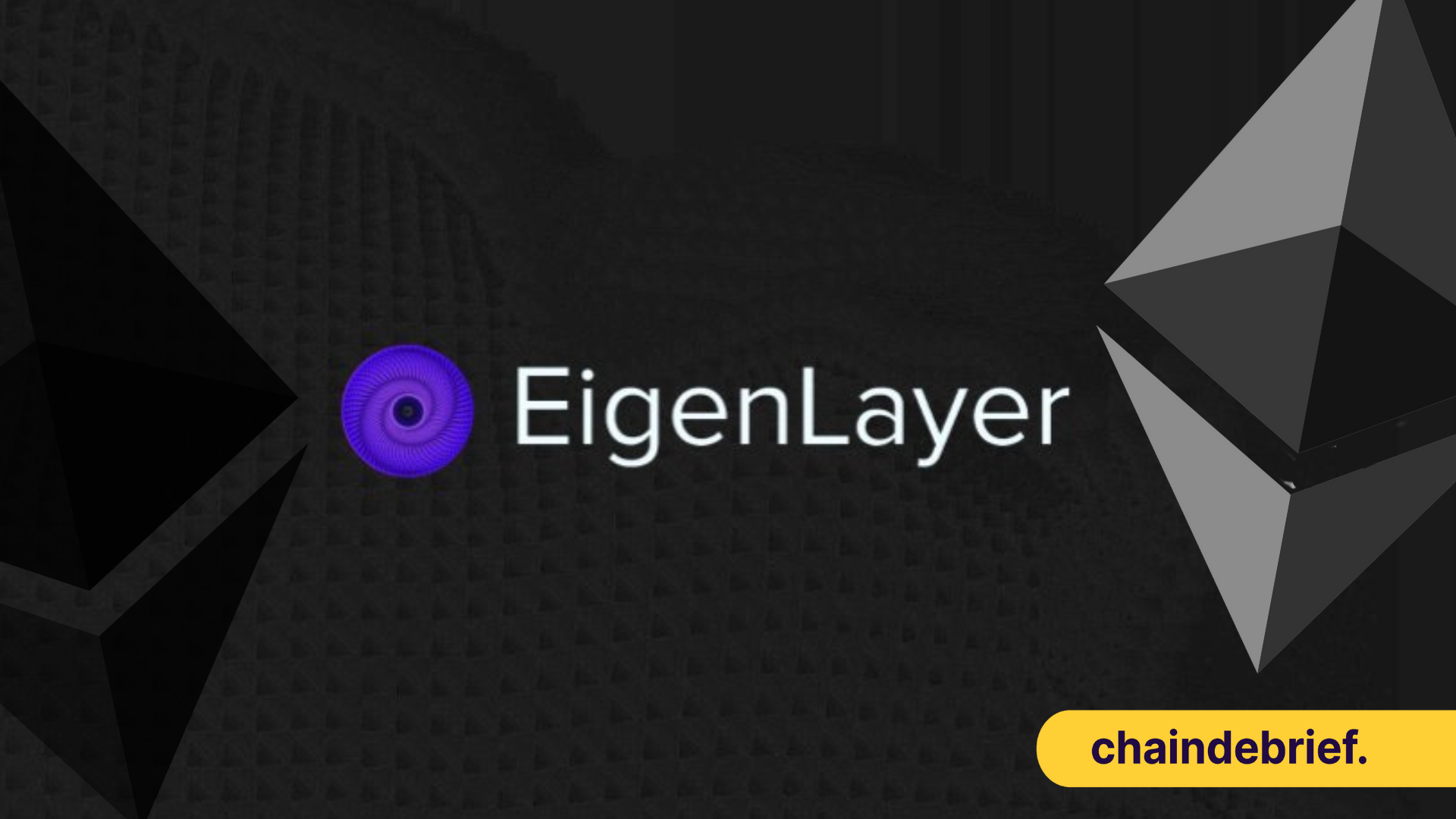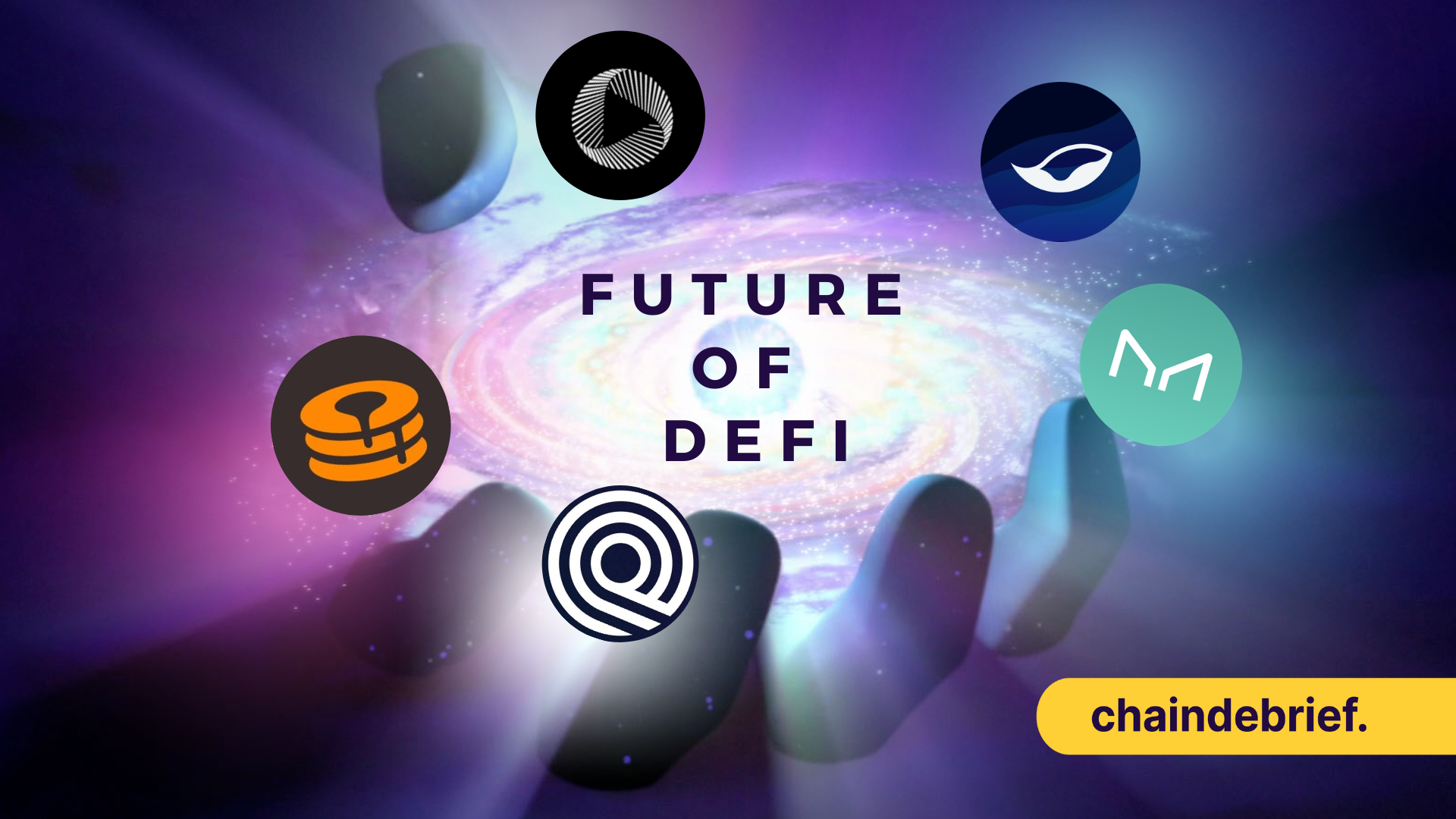Would you register a scan of your iris?
That’s the question that Worldcoin is asking to the Web3 community at large – in return for the possibility of creating a “globally-inclusive identity and financial network”, envisioning enhanced financial access and opportunities for individuals worldwide.
With the advent of artificial intelligence, Worldcoin’s founders have made it their mission to establish a new digital primitive, one that can “scale a reliable solution for distinguishing humans from AI online while preserving privacy, enable global democratic processes, and show a potential path to AI-funded UBI.“
But what exactly is Worldcoin?
Meet The Founders
Worldcoin was developed by Tools for Humanity (TOH), which was originally spearheaded by:
- Sam Altman (CEO, OpenAI, ex-president of Y Combinator, ex-CEO of Reddit)
- Alex Blania (CEO, Tools For Humanity)
- Max Novendstern (CEO, Mana, Ex-CEO, Worldcoin)
Most notable amongst them is Sam Altman, the renown founder of OpenAI and the ChatGPT large language model, which took the world by storm and reached a valuation of over $27 billion earlier this year.
The trio founded Tools For Humanity in 2019 in order to, well, build tools for humanity – with decentralization as its core theme.

Currently, only Alex Bania and Sam Altman are listed on the official TOH site as CEO and Chairman respectively.
What in the world is Worldcoin?
TOH’s ideas were first materialized in their flagship product, The Orb, a chromatic sphere that is used to verify for “proof of personhood”, or whether the user is real and unique.
Users who successfully verify their personhood via a scan of their iris pattern will receive a unique World ID, which acts as a KYC-less form of identification for the digital world.
“It enables users to verify their humanness online while maintaining their privacy through zero-knowledge proofs,” – Worldcoin.

Those who obtain a World ID also receive some of the projects’ native ERC-20 token, Worldcoin ($WLD) on the Optimism network, with over 2 million users signing up to date.
The orbs are operated in over 20 countries by independent operators who receive a commission for every sign up they process. Currently, there are 1,500 Orbs worldwide with more than 40,000 individuals signing up per week.
By tying a unique identity to each individual, TOH has ambitions for the World ID to “increase equality of opportunity globally by advancing a future where everyone regardless of their location, can participate in the global digital economy through universally-accessible decentralized financial and identity infrastructure.”
Why Would Anyone Want a World ID?
The main premises of a KYC-less Proof of Personhood digital identification document are equality and the ability to distinguish between bots and humans in a world where the lines are becoming drastically more blurred.
For example, Web3’s preferred social media platform, Twitter (or now X), has a very pronounced problems with bots which leads to potentially malicious tweets, scams, and even the inflation of statistics such as followers and impressions.
With current solutions to botting such as CAPTCHAs being developed at an astounding pace, a World ID could be a zero knowledge alternative to proving that each account is owned by a real individual and not just a bot farm.
3/ Many projects are now considering the use of Gitcoin Passport as an "Anti-sybil" system.
— defizard (@belizardd) July 22, 2023
In the future, ZkSync or even LayerZero may also implement Gitcoin Passport for distributing airdrop. pic.twitter.com/MMpyPXzZZC
Alternatively, sybil attacks are common in Web3, especially in the realm of airdrops. With potential airdrops being hunted by thousands of bots daily, World IDs could be a strong contender for preventing inorganic volumes and properly rewarding users who actively use the protocol.
These solutions could also be applied in the current governance framework that many cryptocurrency projects use, which are often ridiculed for their inequal distribution of voting power.
On a larger scale, the ID could be used for a more equitable distribution of scarce resources, especially in less developed countries where identity fraud is a prevalent issue. Through proof of personhood, the solutions of a World ID could arguably extend to vouchers, subsidies, social benefit programmes, and more.
Worldcoin $WLD Tokenomics
Having achieved a solid foundation with the establishment of an “identity structure,” the subsequent layer will introduce the Worldcoin Token, which is issued all network participants to align their incentives around the growth of the network.
Not absurdly high airdrop amount, but loved the Worldcoin way of distributing WLD to all verified individuals (not fully Sybil resistant but much more than any other airdrop) with extra rewards for completing mini-quests and being a beta tester. pic.twitter.com/amEbojOyWn
— Yash Agarwal (@yashhsm) July 24, 2023
During this week’s initial launch of Worldcoin, each new orb verified sign up will be able to claim a genesis grant of 25 $WLD, or approximately USD$50 at the time of writing.
Going forward, World ID holders will also be able to claim recurring grants, with the amount expected to decrease over time.
These are only a part of $WLD’s initial 10B supply cap, of which only 143,000,000 will be distributed as circulating supply at launch.
According to their official documentation, the official breakdown of $WLD will be as such:


The updated chart also reflects an increase in allocation from 20% to 25% for the TFH and Initial team due to the project being more “complex and costly” than initially anticipated.

While the official inflation rate of $WLD is set at 0% for the first 15 years, this does not include the cliffs set for investors, reserves, and the team.
Furthermore, with with a majority of the tokens being set aside for the community with no lock up, the circulating supply will increase linearly with the number of users.
Worldcoin is another VC-backed project with predatory tokenomics.$WLD already has an insane fully diluted valuation: $27B!
— The DeFi Investor 🔎 (@TheDeFinvestor) July 24, 2023
But less than 1.5% of the total supply is currently in circulation.
The project might have potential.
But I strongly advise staying away from its token. pic.twitter.com/xpvlvzFOid
However, many have pointed out that while the project has allocated largely to its community, the “low float, high FDV” model that were responsible for many other tokens failing in the past seem predatory, and were reminiscent of many cryptocurrencies previously associated with the now defunct Alameda Research.
Global Equality or Dystopian Future?
While Worldcoin’s official documentation undoubtedly poses altruistic goals, the concept of altruism has not curried favor in Web3 since the fall of Sam Bankman-Fried and FTX.
Since the launch of the Worldcoin token, social media has been quick to point out the issues with not only the tokenomics, but also potential problems with privacy, and exploiting workers in developing countries to name a few.
3/6 Verification that you’re a real person seems to only currently be enforced at the enrollment level.
— ZachXBT (@zachxbt) July 24, 2023
This has lead to the emergence of a Black Market for accounts. Currently accounts got as low as $1 per account on Telegram. pic.twitter.com/2s5n1eSMd9
Ethereum founder Vitalik Buterin also took to Twitter to give his comments on Proof of Personhood, commenting on the inherent risks including “unavoidable privacy leaks, further erosion of people’s ability to navigate the internet anonymously, coercion by authoritarian governments, and the potential impossibility of being secure at the same time as being decentralized.”
Despite a number of vocal proponents of the project, it seems that the general sentiment surrounding it remains largely negative, especially as users continue to find potential risks associated with the project.
So the question still stands – would you register a scan of your iris with Worldcoin?
Also Read: Solana Summer 2.0? Why DeFi Bulls are Placing Huge Bets on This Cryptocurrency
[Editor’s Note: This article does not represent financial advice. Please do your own research before investing.]
Featured Image Credit: Chaindebrief



































